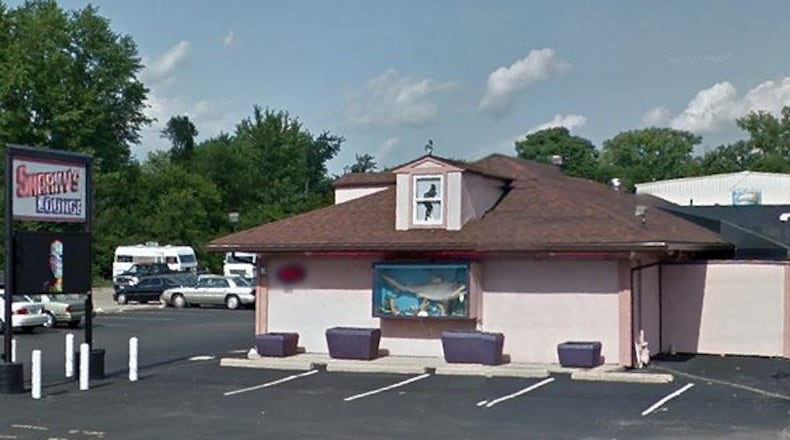Of the revocation of Sharkey’s license, Thourot said, “A lot of drugs were brought into that community because of that location. Children walk by there every day to go to school. For a place like that to be closed down, to not have people like that coming into the community, is fantastic for the kids and the people living in that area.”
MORE: Gunman in fatal shooting outside Harrison Twp. strip club sentenced
Throughout the investigation, agents reportedly exchanged $2,404.87 in food stamps to purchase heroin, fentanyl, carfentanil, cocaine, methamphetamines and lap dances.
Criminal charges were filed against employees and patrons for drug trafficking, food stamp trafficking, aggravated shipment and distribution of heroin, engaging in a pattern of corrupt activity, and illegal sexual activity.
Agents also filed 44 administrate charges that were heard by the Liquor Control Commission that included drug possession, drug sales, engaging in sexual activity, food stamp trafficking and solicitation.
MORE: The Harem shut down, 11 indicted on sex, drug, food stamp charges
This is the second adult entertainment establishment liquor permit that has been revoked by the Liquor Control Commission as a result of an Ohio Investigative Unit investigation into food stamp and drug trafficking this year in the Dayton area. The other location, The Harem, 5825 North Dixie Drive, lost its liquor license in May of 2018.
Thourot said similar administrative charges that could result in a liquor-license revocation have been filed against The Living Room lounge, 3830 N. Dixie Drive. A spokeswoman for the Ohio Liquor Control Commission said a hearing will be held on those charges in November, although the date has not yet been set.
Getting a so-called problem bar’s liquor license pulled through the Ohio Division of Liquor Control’s objection process is now easier but challenges remain, according to area law enforcement agencies.
Officials say going after a liquor license is just one tool to get rid of a problem business along with filing for temporary injunctions and to have the businesses declared nuisances.
From 2012 through 2017, the liquor division decided to revoke renewal liquor licenses in 120 of out 201 hearings (nearly 60 percent) in which both sides presented evidence at the hearing.
MORE: Officials cite troubles with strip club where incident preceded Dayton homicide
The only year in which fewer than 50 percent of the objections were sustained was 2016, when 16 of 37 (43 percent) were upheld. In 2017, 21 of 24 (88 percent) of objections were sustained.
“It’s a case-by-case situation, and we’re really taking a look at all of these objections,” Ohio Department of Commerce spokeswoman Lindsey LeBerth said previously. “That is why it varies is because we’re really taking a look at them and making sure that we’re making the right decision.”
If anyone suspects food stamp fraud, human trafficking or drug trafficking, they are asked to call #677.
About the Author
